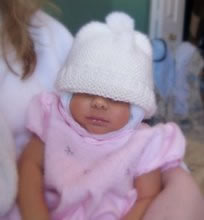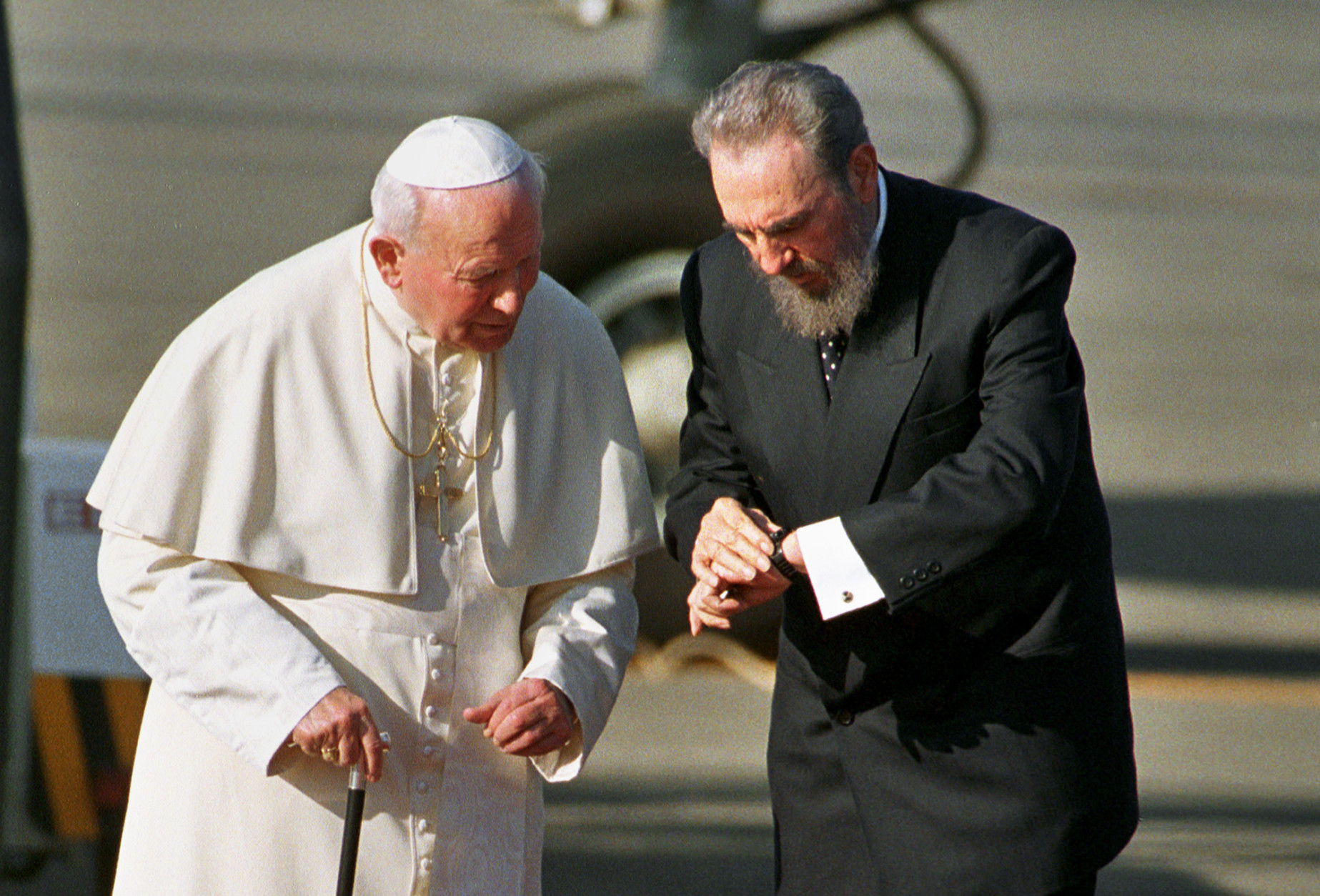An expert committee of the American Medical Association has made an extraordinary and horrifying recommendation—that doctors be allowed to “harvest” hearts, kidneys, livers and other organs from babies.
The proposal concerns anencephalic infants, babies who come into the world missing a large part of their brain. While they can eat and breathe, these babies often die within a few days of birth, although some have lived for years.
The medical establishment is looking for these infants to help with the serious shortage of organ donors for children under the age of 2 who need transplants. And, unfortunately, if doctors wait until an anencephalic child dies, the organs are too deteriorated to be used in transplants.
The law permits the taking of organs only from the “dead,” which it defines as persons whose brain functions have totally stopped. And until now, the medical establishment has agreed.
However, the AMA’s Council on Ethical and Judicial Affairs has concluded that it is ethical to strip the organs out of living anencephalic children because they “never have thoughts, feelings, sensations, desires or emotions.”
 The AMA seems to presume that human beings are a lot like cars—a sum of parts that can be exchanged and interchanged. Within such a purely materialistic and functional outlook on human existence, it is an almost logical next step to conclude that anencephalics can at least make some contribution to society by “donating” their organs to enable some other child to survive and grow up.
The AMA seems to presume that human beings are a lot like cars—a sum of parts that can be exchanged and interchanged. Within such a purely materialistic and functional outlook on human existence, it is an almost logical next step to conclude that anencephalics can at least make some contribution to society by “donating” their organs to enable some other child to survive and grow up.
And that is what is worrisome. The AMA proposal falls into line with a certain “logic” that we have already seen with the national debates over abortion and euthanasia.
In the beginning, it was argued that abortion was justifiable in “hard cases”—such as for babies who would be born with severe birth defects. The same with euthanasia. Better to “pull the plug” than for them to live like a “vegetable” hooked up to a machine, the hard-case ethicists said.
But experience has shown that the ethic of the hard cases swiftly gives rise to a broad social permission. Today abortion is justified, even demanded, as a “right” in any case, for whatever reason. “The right to die” is gaining public tolerance and support, and only court decisions that could easily be overturned stand in the way of it becoming the law of the land.
We fear more of the same with the AMA’s reasoning on anencephalics. Under the AMA’s moral calculus, it would be hard to argue against harvesting organs from people in an irreversible coma or in a “persistent vegetative state.” And if the ability to express thoughts and desires is to be the definition of a meaningful life, what will that mean for those born with severe cases of mental retardation?
What the AMA has forgotten is the humanity of anencephalic infants. These children breathe on their own, without the help of a machine; they even drink out of a bottle. They are creatures made in the image and likeness of God.
The anencephalic child as the image of God. It is a theological truth, a mystery that we would all do well to ponder. The anencephalic baby may not have a brain, but he or she has a soul. And that should make all the difference.
First published in Our Sunday Visitor (July, 11, 1995)
© David Scott, 2009. All rights reserved.


